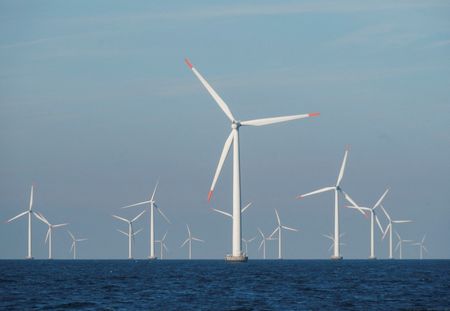TRENTON, N.J. — New Jersey Governor Phil Murphy has canceled the fourth round of offshore wind solicitations, dealing the wind energy industry a major blow. Now, an offshore wind energy proponent is upset, claiming the governor ‘surrendered’ to President Trump.
The New Jersey League of Conservation Voters (NJ LCV) criticized Gov. Phil Murphy’s administration for canceling the state’s fourth offshore wind solicitation, calling it a setback for clean energy and a concession to President Donald Trump’s fossil fuel policies.
Last week, Trump signed an executive order halting all offshore wind energy products along the Atlantic seaboard.
In a statement released Monday, NJ LCV Executive Director Ed Potosnak expressed disappointment in Murphy’s decision, arguing that it undermines efforts to transition to renewable energy.
“This decision will cost New Jersey thousands of jobs and consign working families to buying more expensive electricity even as they breathe dirtier air that causes asthma and heart disease,” Potosnak said. “We can’t afford to take our cues from Donald Trump and his billionaire friends.”
Murphy defended the decision, citing economic uncertainties in the offshore wind industry and the need for a more strategic approach. In his statement, he called offshore wind development a “once-in-a-generation opportunity” but emphasized the importance of “patience and prudence” given the financial challenges facing the industry.
“I support the BPU’s decision on the fourth offshore wind solicitation, and I hope the Trump Administration will partner with New Jersey to lower costs for consumers, promote energy security, and create good-paying construction and manufacturing jobs,” Murphy said.
The pause comes amid broader concerns over rising costs in offshore wind development, which has faced supply chain disruptions, inflation, and permitting hurdles. The debate over the project’s future highlights ongoing tensions between environmental advocates pushing for aggressive clean energy policies and those cautioning against economic and logistical barriers.

